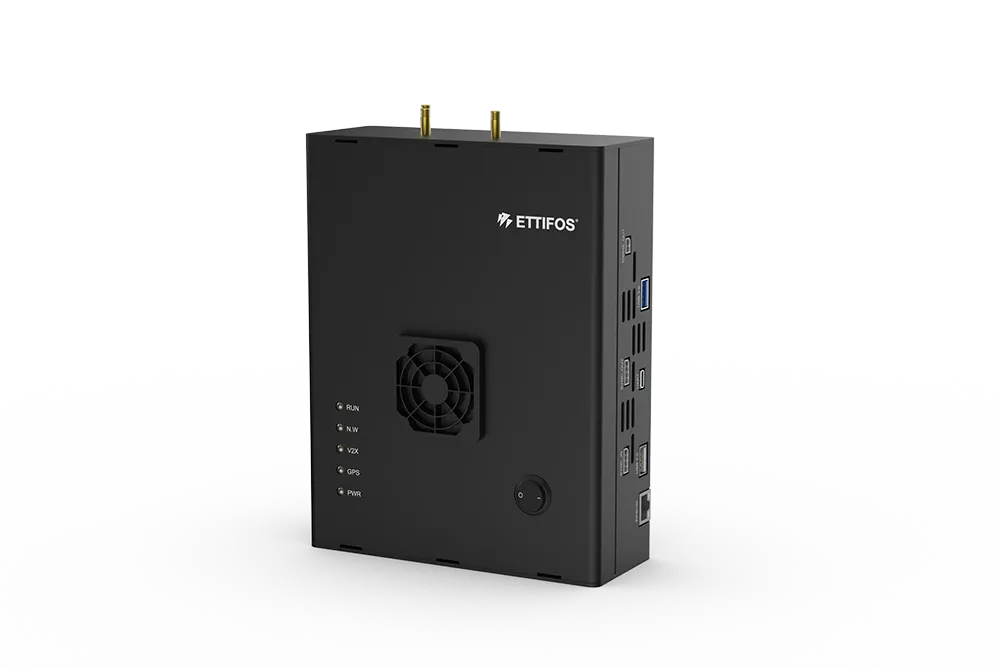Continental and IBM are to collaborate on the joint development of fully-connected mobile vehicle solutions for the world’s car manufacturers.
Central to the agreement is development of a highly scalable cloud platform that will enable automotive manufacturers to deliver a range of new mobile in-car services. Software updates and vehicle control device functionality will be delivered over the internet, removing costly and inconvenient workshop visits. The companies feel the solution may equally prove be
September 11, 2013
Read time: 2 mins

Central to the agreement is development of a highly scalable cloud platform that will enable automotive manufacturers to deliver a range of new mobile in-car services. Software updates and vehicle control device functionality will be delivered over the internet, removing costly and inconvenient workshop visits. The companies feel the solution may equally prove beneficial in other industries such as public transportation, insurance and retailing.
Anticipatory driving will be enhanced by Continental and IBM to develop a next generation electronic horizon platform, to make highly automated driving a reality. Vehicles with embedded sensors will not only receive data, they will also transmit information such as position, speed or deceleration to the cloud where data will be processed, analysed and acted upon. The result will be a real-time map that will enable a vehicle to literally 'look around the corner'.
"We are strongly convinced: Step by step development of future mobility is highly complex and requires strong partnerships with global IT industry players. With IBM, we now have one of the world's technology leaders at our side, and together we can deliver highly secure, robust fully connected vehicle solutions for all our customers worldwide," stated Dr Elmar Degenhart, chairman of the Executive Board at Continental.
Dirk Wollschläger, general manager Global Automotive Industry, IBM said: "Realisation of the fully connected vehicle requires technology expertise across big data, embedded intelligence and the ability to deliver services over a highly scalable cloud platform. As innovators in our respective fields, Continental and IBM will accelerate the convergence of automotive and IT industries, enabling car manufacturers to integrate multimedia mobile services personalised in-car experience, infotainment and traffic flow management to the realisation of a truly connected car.”









